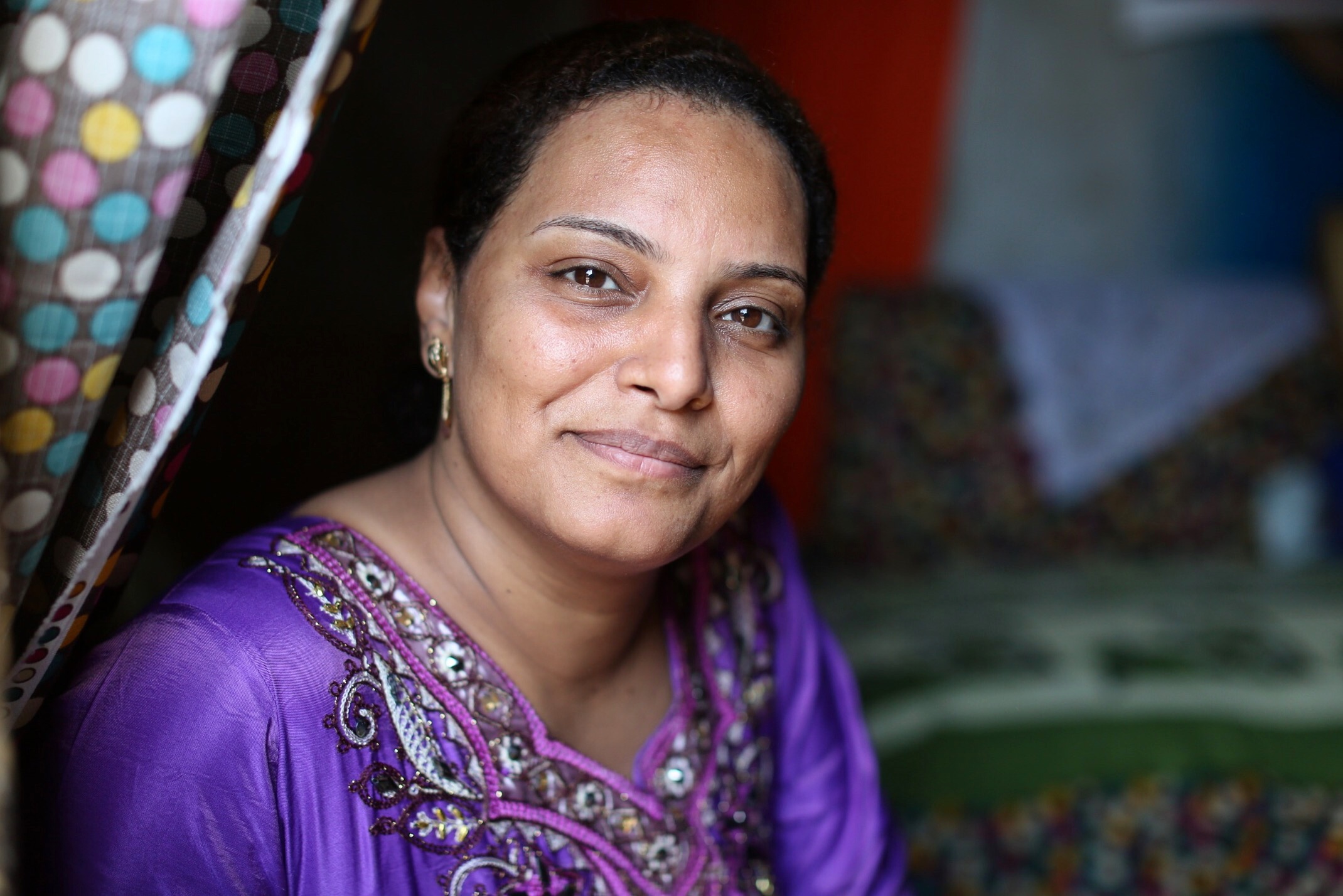The gender pay gap is not an issue that is limited to the Arab World; it has its share of debates worldwide, even in Hollywood.
According to the United Nations, “If men and women played an identical role in labor markets, as much as $28 trillion, or 26%, could be added to the global annual GDP by 2015”.
In the Arab world, however, the gender pay gap is not the only problem for women when it comes to work. Women are also suffering from social norms and legal restrictions that hinder them from getting full rights at workplaces. This ranges from the lack of promotions to the inability to safely report sexual harassment.
According to a report issued by United Nations Development Program (UNDP) in 2016, the feminization of poverty was a result of two factors. The first one is the transition from a state-led development to neo-liberal economics, which has led to a huge gender pay gap as the private sector in the Arab world seeks cheap female labor. The second reason is the emergence of part-time and home-based jobs. The privatization and restructuring of work organizations has led to layoffs that targeted women more than their male counterparts.
The percentage of women who work outside home has generally risen in all Arab countries over the past few years, especially where women have landed positions in countries where governments are seeking to nationalize the labor force. For instance, in Jordan, 82 percent of women’s positions are in public sector. However, it doesn’t alter the fact that they are being paid less than men for the same jobs. Women in the Arab countries also have to carry the burden of domestic work, according to the report.
It’s not just a gender pay gap
The problem surpasses gender pay gap. Women in the Arab World also struggle with reaching decision-making positions and face prejudice and harassment in the workplace. This prejudice and harassment is often loosely, if at all, regulated.
Global statistics have revealed that the higher the rate of gender equality, the more women have access to economic opportunities and the more women are financially independent. However, in Arab countries, the high rate of gender inequality comes with a lack of economic opportunities.
Feminist activist Alaa Al-Kassabany told Egyptian Streets that the gender pay gap in Egypt is affected by several factors. The first one is that there is a social norm that triggers men to think as if they are the only breadwinners and they have to have their pockets full at any given point of the month.
“It is a common misconception that men are the ones who have to pay bills and cover the basic needs, although women as well are equally participating in these responsibilities. This misconception hinders women from getting equally paid,” says Al-Kassabany.
She further added that the wages are not the only problem; working mothers also suffer in Egypt, especially in the private sector. Al-Kassabany said that the women can be deprived of promotions because of their pregnancy.
“A working mother was asking her employer to accompany her child with her to work, but he refused and told her to send her child to a kindergarten. She wasn’t able to afford the fees of the kindergarten. It is only in Egypt that we don’t care about the entire parenting issue, while it is considered in all the other countries,” Al-Kassabny continued.
She concluded by saying that the social norms also push men to refuse to be commanded by women, which is another obstacle for the promotion of women in their workplaces.
In 2013, the World Bank issued a report in which it explained the pay gap in Egypt. Women in public sector in the Middle East and North Africa (MENA) region are getting properly paid in the public sector. However, women working in the public sector are often more urban, have more education and may have more experience than their male counterparts. In this case, equal payment is deemed as pay gap.
The report also disclosed that women’s wages in Egypt’s private sector are about 80 percent lower than men, while in the public sector the salaries are 35 percent less than their male counterparts. These percentages were measured based on all the aforementioned factors.
As tennis player Venus Williams once said: “Imagine you’re a little girl. You’re growing up. You practice as hard as you can, with girls, with boys. You have a dream. You fight, you work, you sacrifice to get to this stage. You work as hard as anyone you know. And then you get to this stage, and you’re told you’re not the same as a boy. Almost as good, but not quite the same. Think how devastating and demoralizing that could be.”







Comments (0)